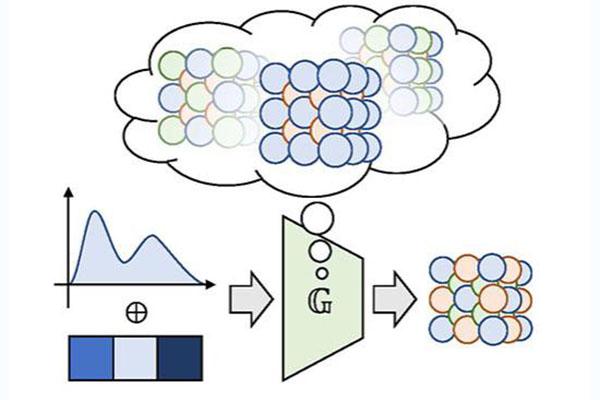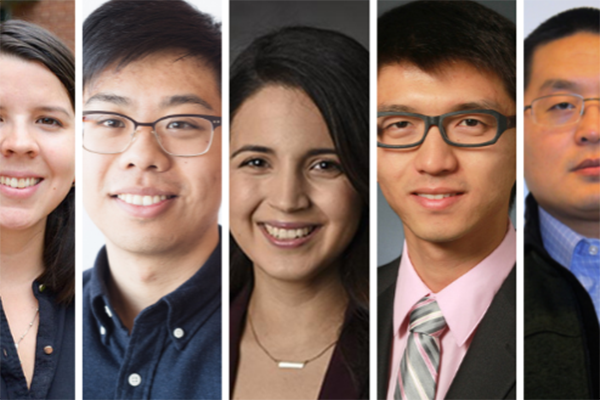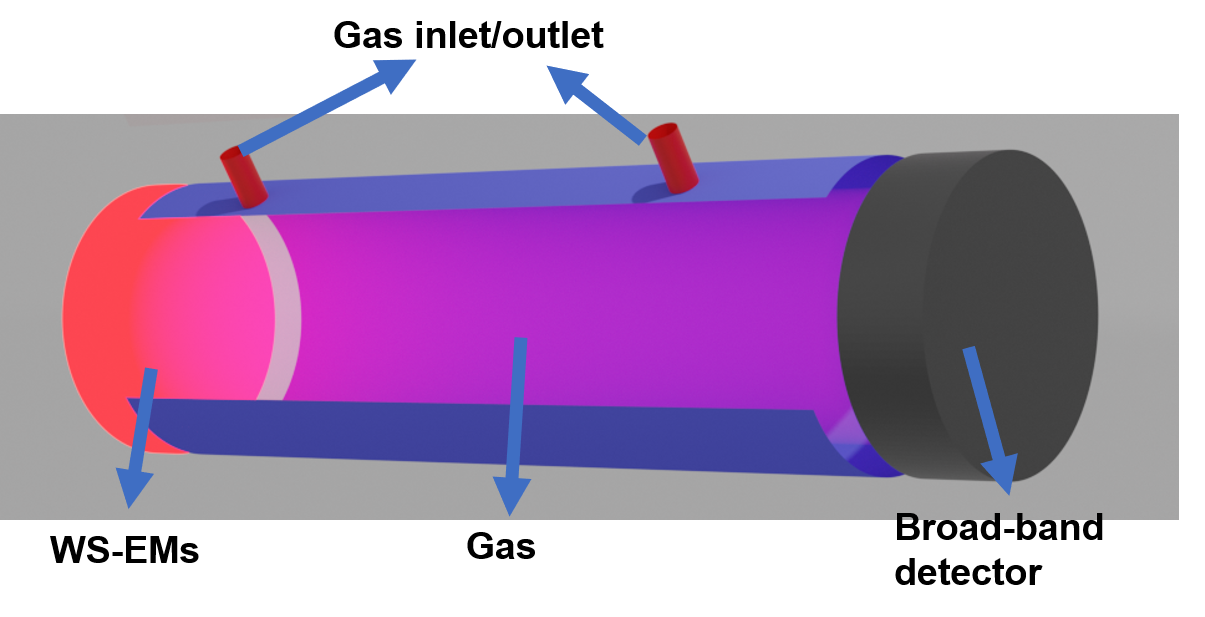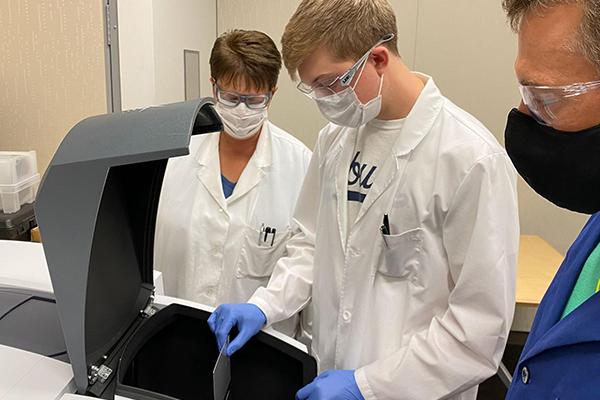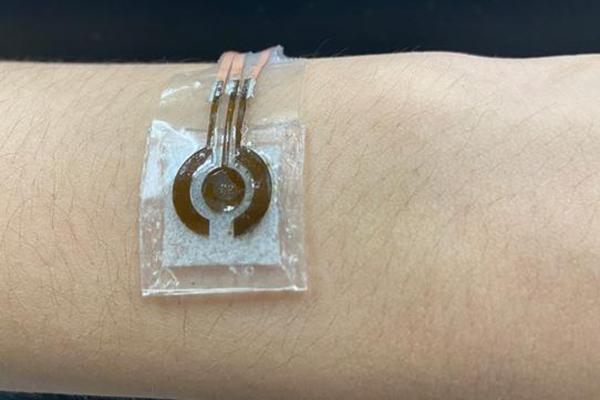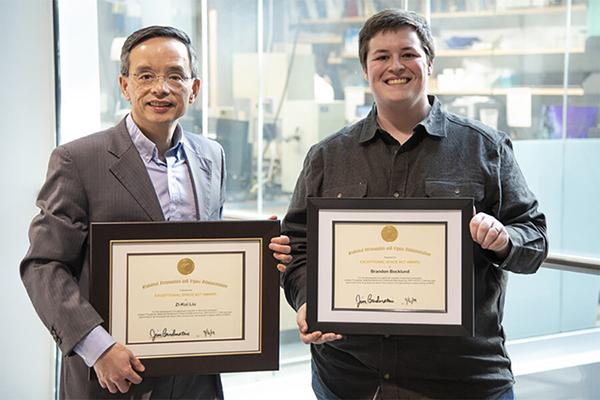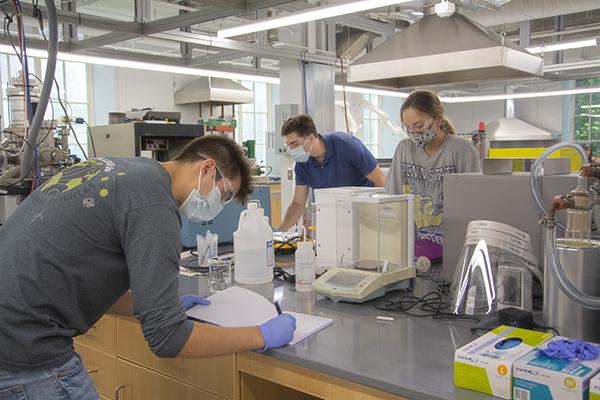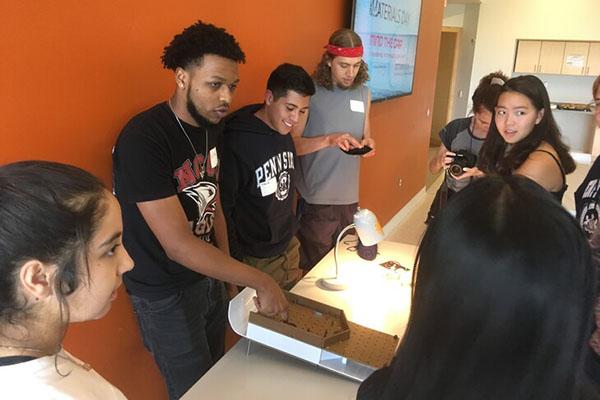The person staring back from the computer screen may not actually exist, thanks to artificial intelligence (AI) capable of generating convincing but ultimately fake images of human faces. Now this same technology may power the next wave of innovations in materials design, according to Penn State scientists.
If you look at the back of a credit card, a driver’s license, or even a dollar bill, you will likely notice a hologram, or iridescent feature, that appears to change color when viewed at different angles. These color-shifting security features have been around for decades, allowing ample time for people to find ways of counterfeiting the effects. Even so, these types of highly visible and easily recognized color-shifting features are still among the most commonly used optical security element – and Penn State-affiliated startup Chromatir may have discovered a more secure and customizable way to implement this effect.
Three Penn State faculty and two graduate students have received the 2021 Rustum and Della Roy Innovation in Materials Research Award.
Vanderbilt and Penn State engineers have developed a novel approach to design and fabricate thin-film infrared light sources with near-arbitrary spectral output driven by heat, along with a machine learning methodology called inverse design that reduced the optimization time for these devices from weeks or months on a multi-core computer to a few minutes on a consumer-grade desktop.
Faced with a growing workload in its research labs, the Materials Research Institute (MRI) met the challenge by offering Penn State students an opportunity that most materials science and engineering undergraduates normally never receive.
Noninvasive glucose monitoring devices are not currently commercially available in the United States, so people with diabetes must collect blood samples or use sensors embedded under the skin to measure their blood sugar levels. Now, with a new wearable device created by Penn State researchers, less intrusive glucose monitoring could become the norm.
The Graduate School Alumni Society (GSAS) Board of Directors has announced its three graduate student representatives for academic year 2021-22. The graduate students were nominated and selected due to being top academic performers, possessing a service orientation, and for serving as advocates for graduate students at Penn State.
Society’s use of materials, with its humble beginnings in the Stone Age with natural materials, advanced through the Bronze Age and Iron Age with man-made alloys to the current Industrial Age and Modern Era. Now, in the 21st century, the functionality of society relies significantly on digital technologies in terms of integration of cyber-physical systems through digitization of knowledge, and the demand for new materials to enable and promote the digital age will continue to increase.
In the recently released 2022 U.S. News & World Report Best Undergraduate Engineering Programs rankings, the Penn State College of Engineering ranks No. 21 in the country, advancing one place from last year’s report. Among public engineering programs, Penn State ranks 12th in the nation.
The National Science Foundation (NSF) has named Penn State the lead partner to both Florida International University (FIU) and North Carolina Central University (NCCU) as part of the Partnerships for Research and Education in Materials (PREM) program.


